Importance of Festivals in a Child’s Life
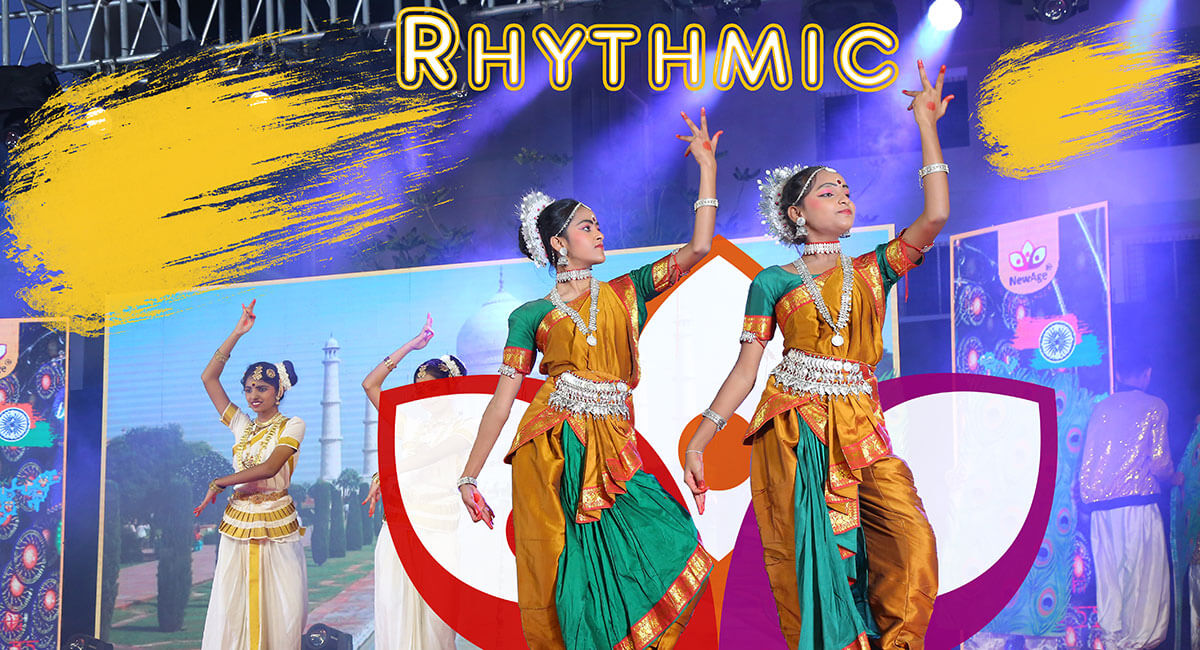
Table of content
Introduction
Cultural Identity and Heritage
Family Bonding and Traditions
Social and Emotional Development
Cognitive Growth and Creativity
Values and Morals
Conclusion
Introduction:
Festivals hold a special place in the tapestry of human culture, serving as vibrant threads that weave communities together and offer a glimpse into our shared heritage. For children, festivals are more than just occasions for celebration; they are invaluable experiences that shape their understanding of culture, tradition, and identity. In this blog, we will look into the importance of festivals in a child’s life, exploring how these vibrant celebrations foster social, emotional, and cognitive development.
Cultural Identity and Heritage:
Festivals provide children with a tangible connection to their cultural identity and heritage. Through participating in rituals, ceremonies, and traditional activities, children develop a sense of belonging and pride in their cultural roots. Whether it’s Diwali in India, Lunar New Year in China, or Christmas in the Western world, festivals serve as windows into the rich tapestry of diverse cultures. By immersing themselves in these cultural experiences, children gain a deeper understanding of their own heritage and develop respect and appreciation for the cultures of others.
Family Bonding and Traditions:
Festivals offer opportunities for families to come together, strengthening bonds and fostering a sense of unity. From preparing traditional dishes to decorating homes and exchanging gifts, festivals provide a shared space for families to create cherished memories and traditions. These shared experiences not only deepen familial connections but also impart important values such as cooperation, empathy, and gratitude. In a world characterized by hectic schedules and digital distractions, festivals serve as anchors that bring families closer and provide much-needed moments of joy and togetherness.
Social and Emotional Development:
Participating in festivals exposes children to a myriad of social interactions, helping them develop crucial social skills such as communication, cooperation, and empathy. Whether it’s singing and dancing with peers during a community celebration or sharing food with neighbours during a festival feast, children learn the importance of collaboration and mutual respect. Moreover, festivals often evoke a range of emotions, from excitement and joy to nostalgia and reflection. Through experiencing and expressing these emotions in a supportive environment, children develop emotional intelligence and resilience, laying the foundation for healthy social and emotional development.
Cognitive Growth and Creativity:
Festivals stimulate children’s cognitive growth by providing opportunities for exploration, imagination and creativity. From crafting colourful decorations to learning traditional songs and dances, children engage in activities that enhance their cognitive skills and foster creative expression. Moreover, festivals often involve storytelling, folklore and cultural performances, sparking children’s curiosity and expanding their knowledge of the world around them. By immersing themselves in these cultural narratives, children develop critical thinking skills and a broader perspective, enriching their cognitive development.
Values and Morals:
Festivals serve as powerful vehicles for transmitting values and morals from one generation to the next. Through participating in rituals and observing cultural customs, children learn important lessons about kindness, generosity, compassion and respect for others. Whether it’s the spirit of giving during Christmas or the tradition of sharing food during Eid al-Fitr, festivals instill values that shape children’s character and ethical outlook. Moreover, festivals often carry messages of unity, tolerance and harmony, promoting understanding and acceptance across diverse communities.
Conclusion:
In a rapidly changing world characterized by globalization and technological advancements, the significance of festivals in a child’s life cannot be overstated. These vibrant celebrations serve as anchors that connect children to their cultural heritage, strengthen family bonds, promote social and emotional development, stimulate cognitive growth and instill values and morals. By embracing the richness and diversity of festivals, we nurture the next generation with a deep appreciation for their roots and a sense of belonging in an increasingly interconnected world. As we celebrate festivals with our children, let us cherish these moments as opportunities for learning, growth and celebration of our shared humanity.


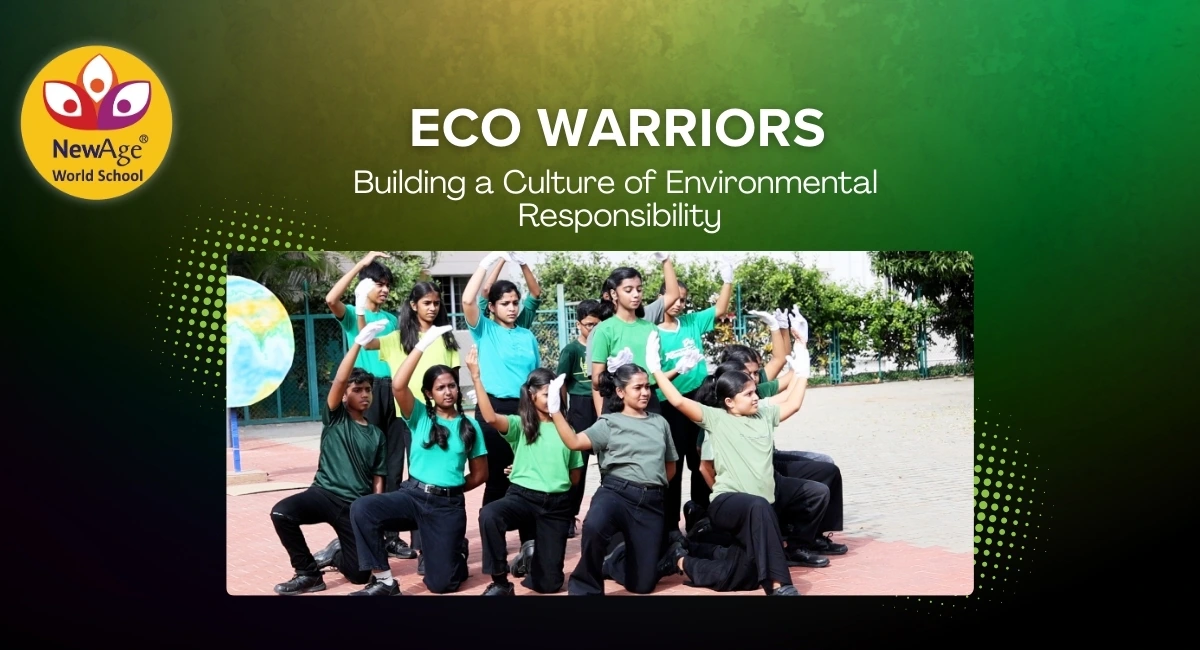
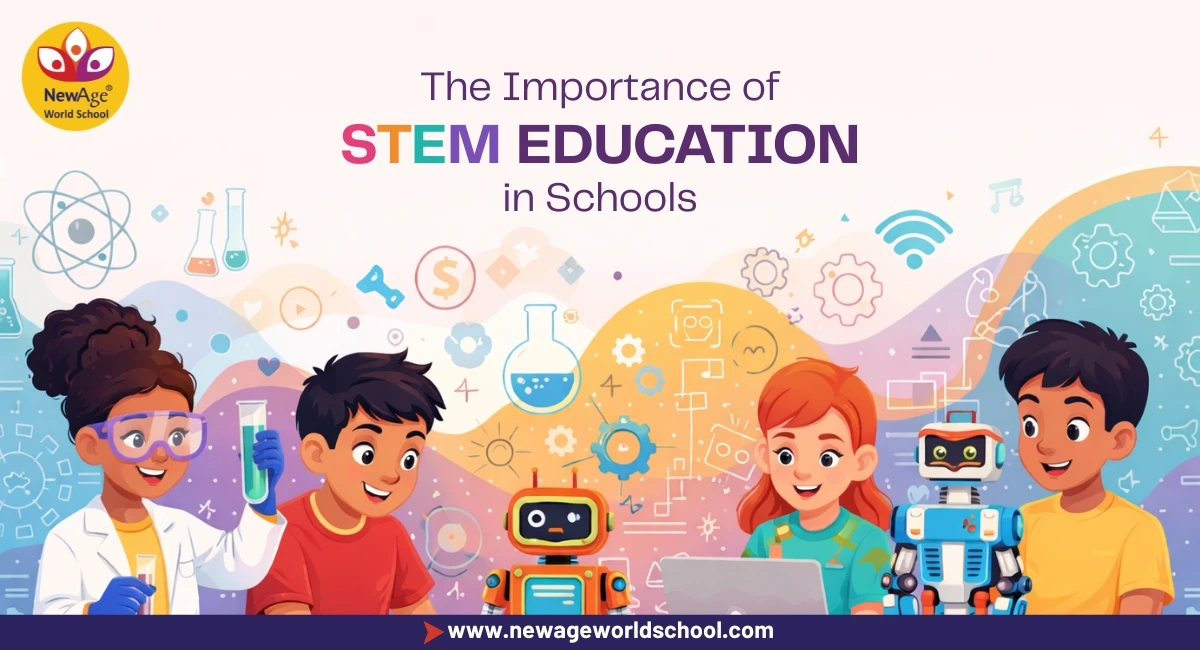
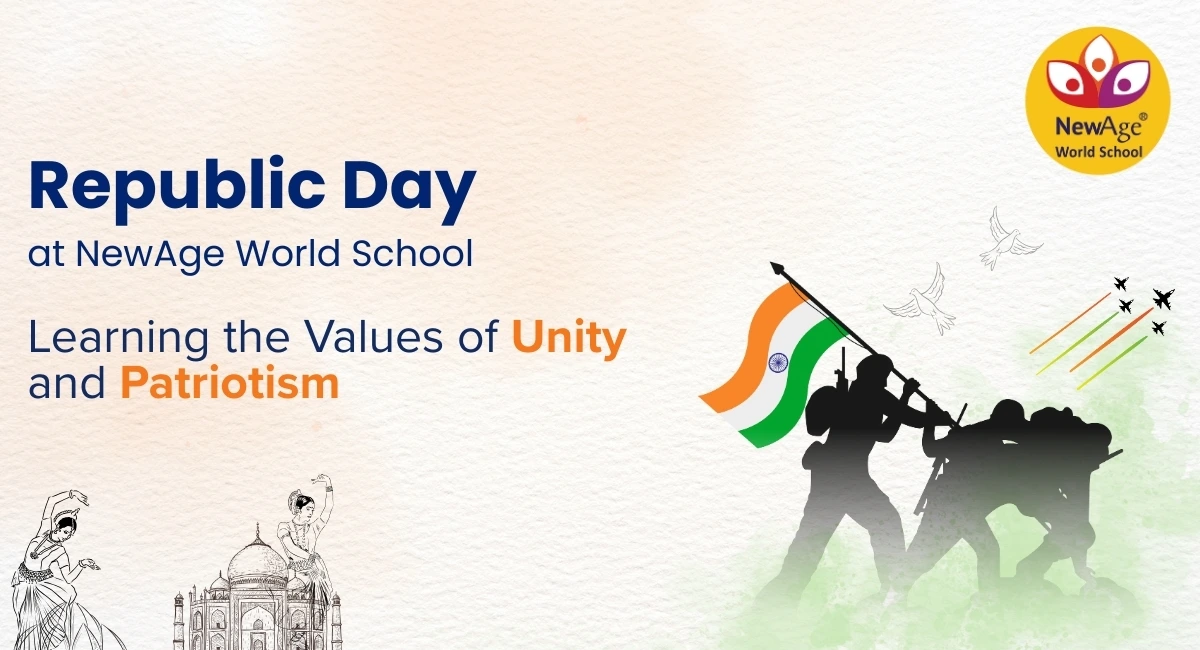
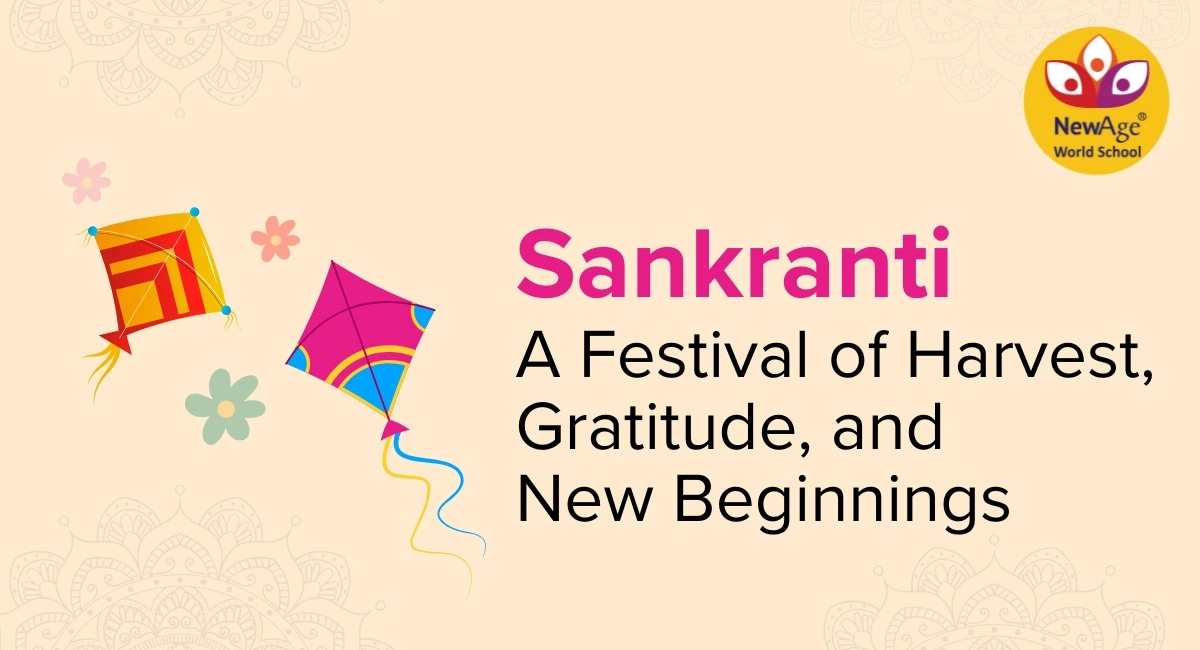
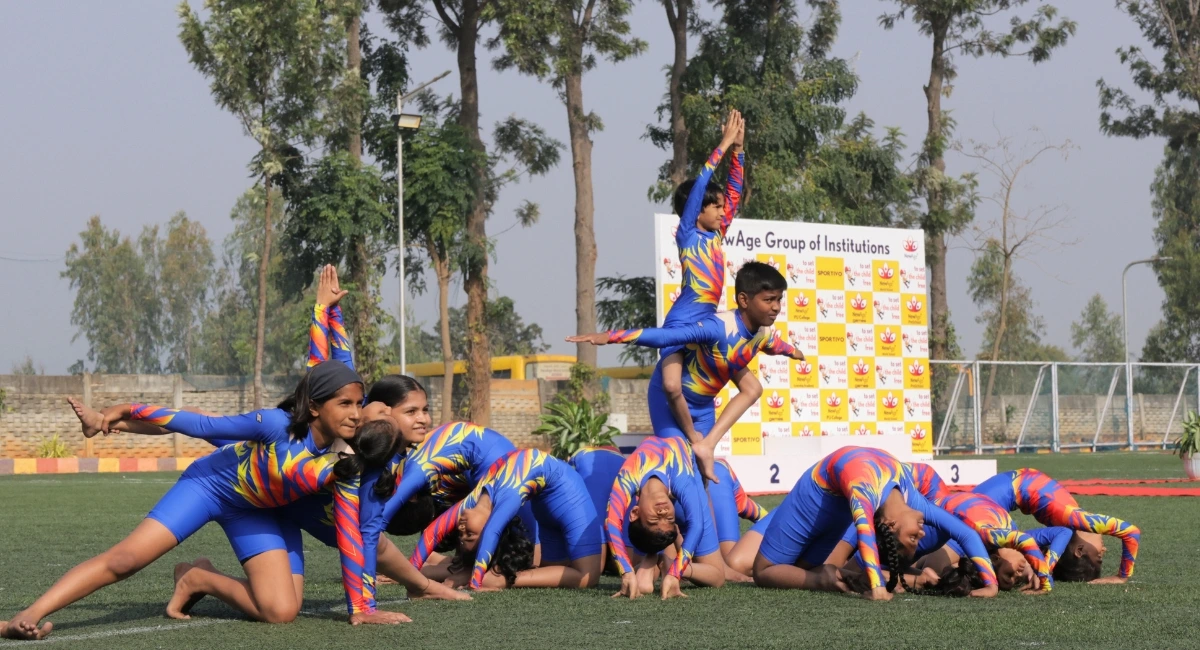

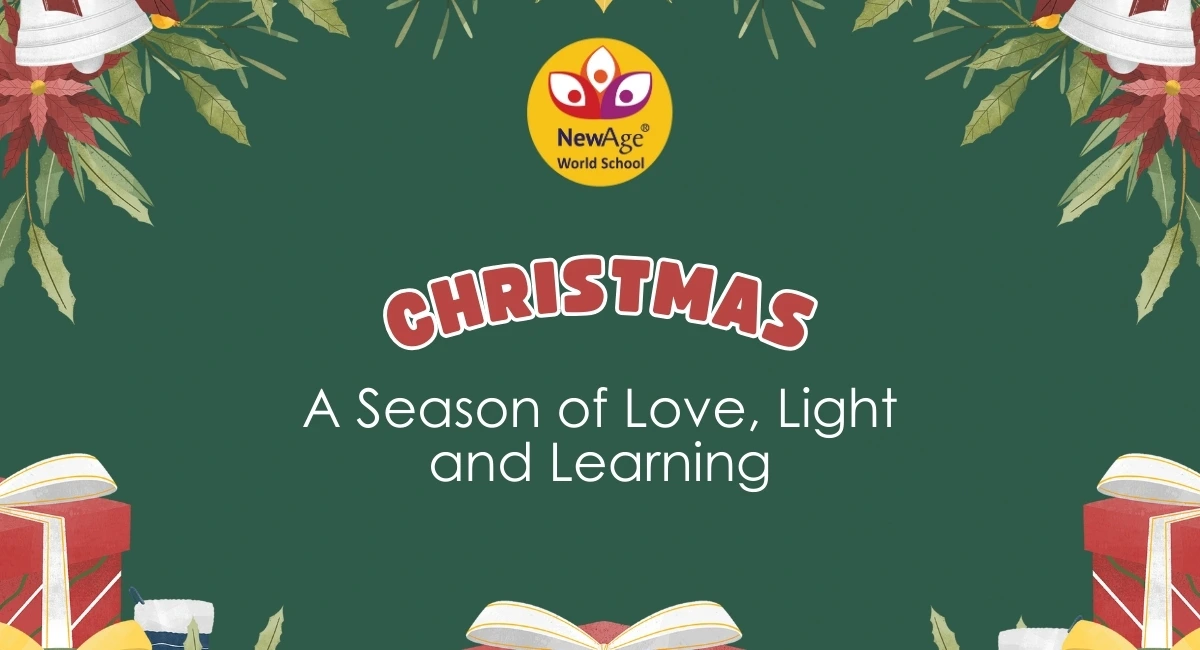
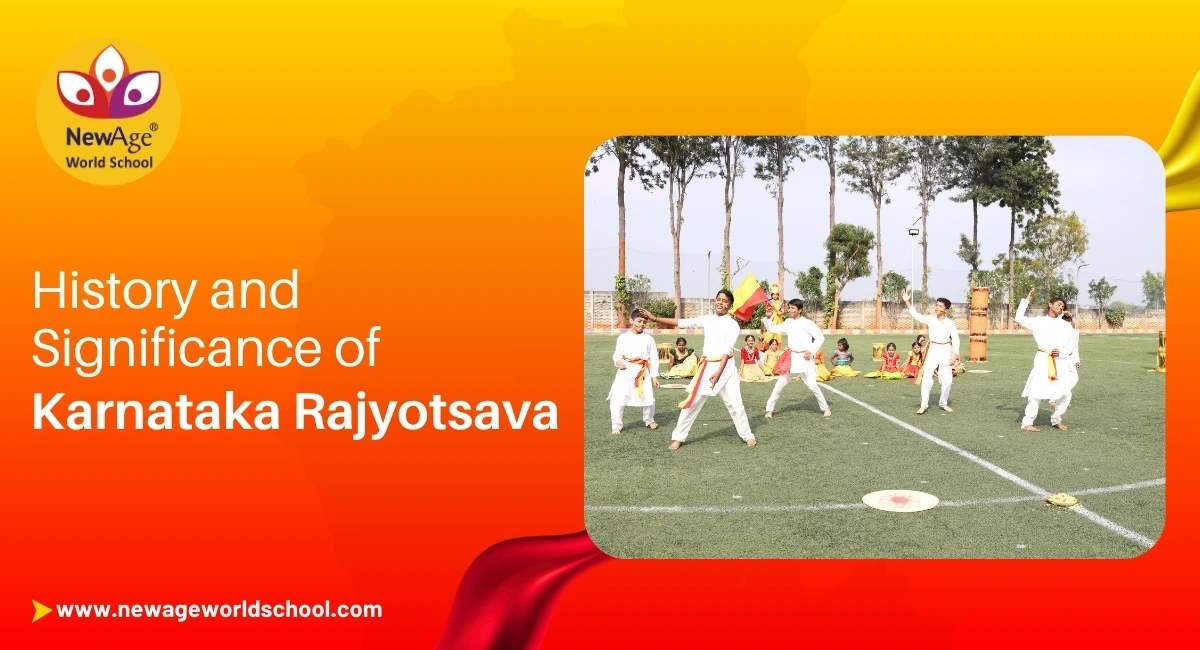
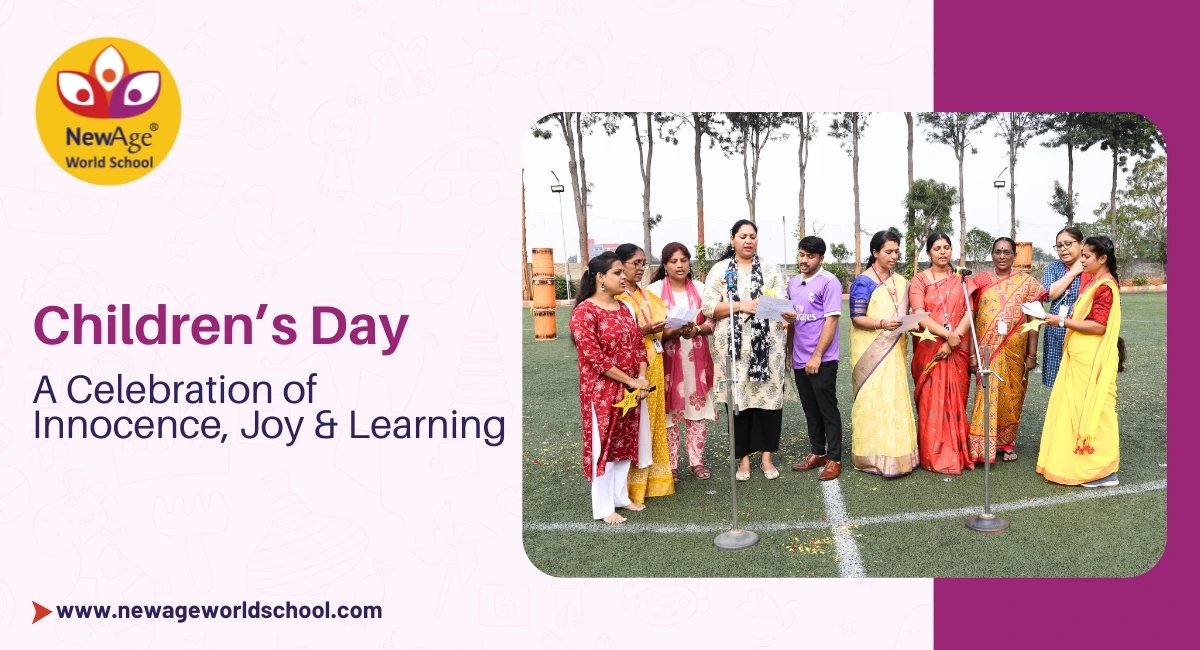
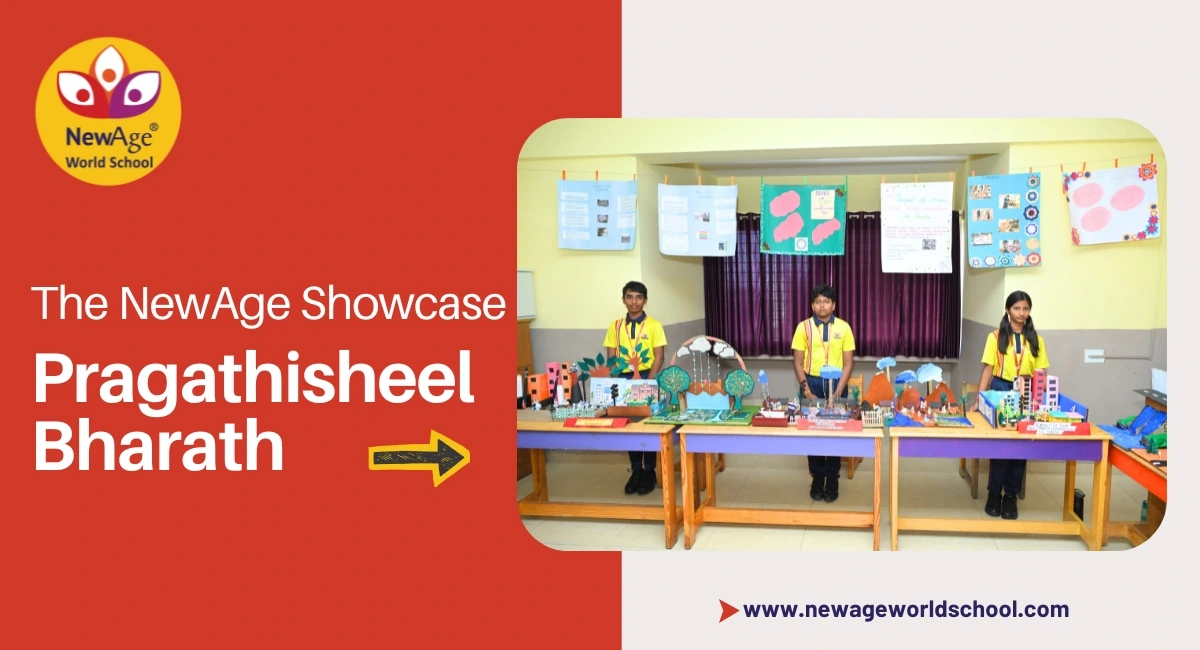
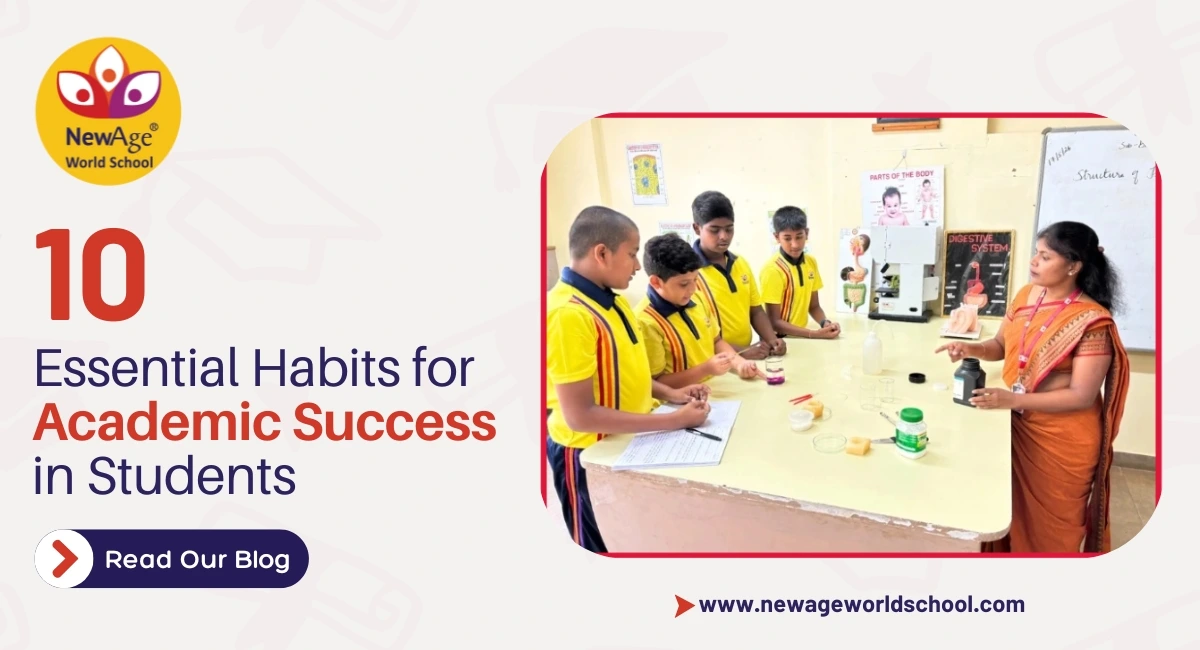
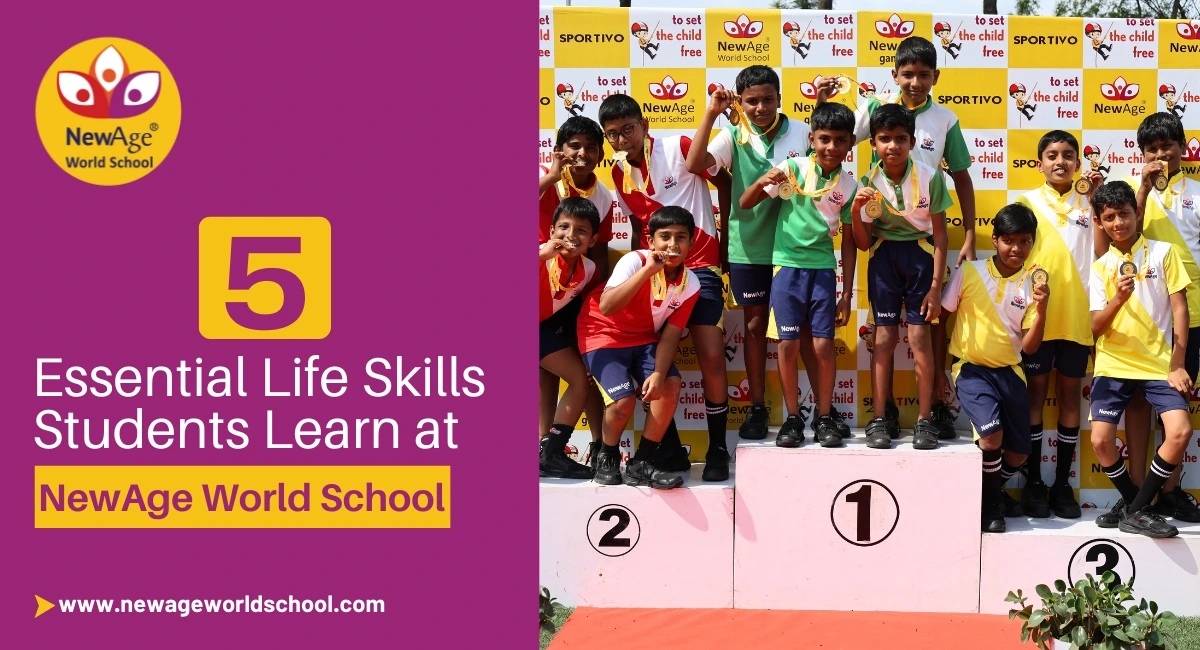
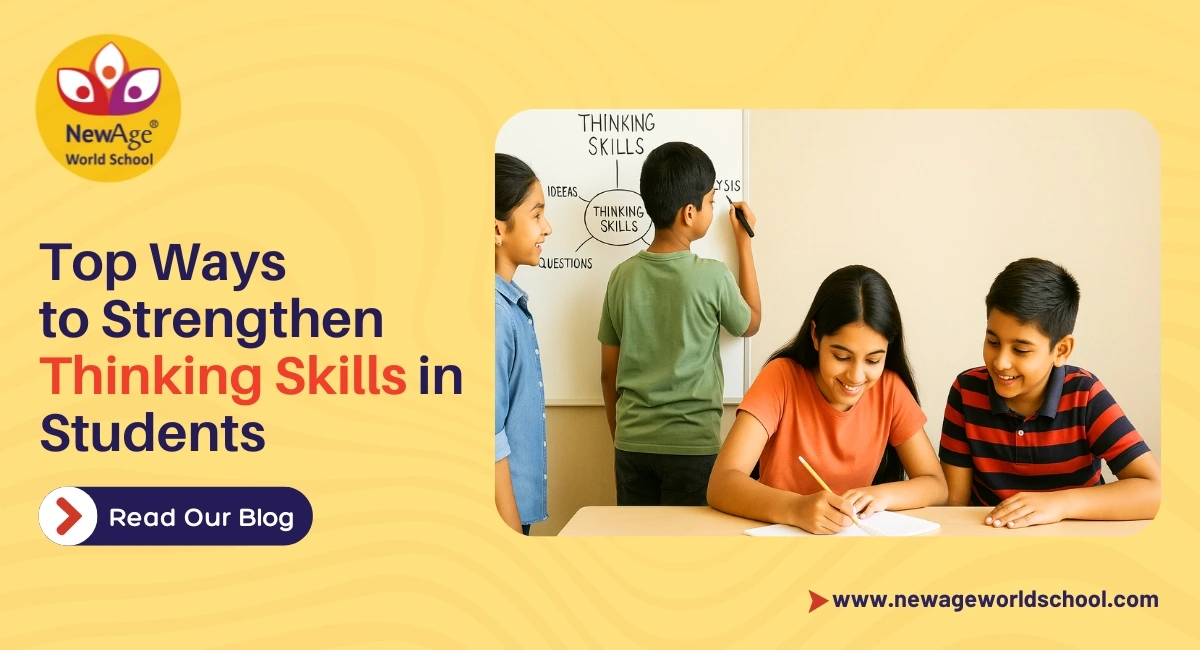
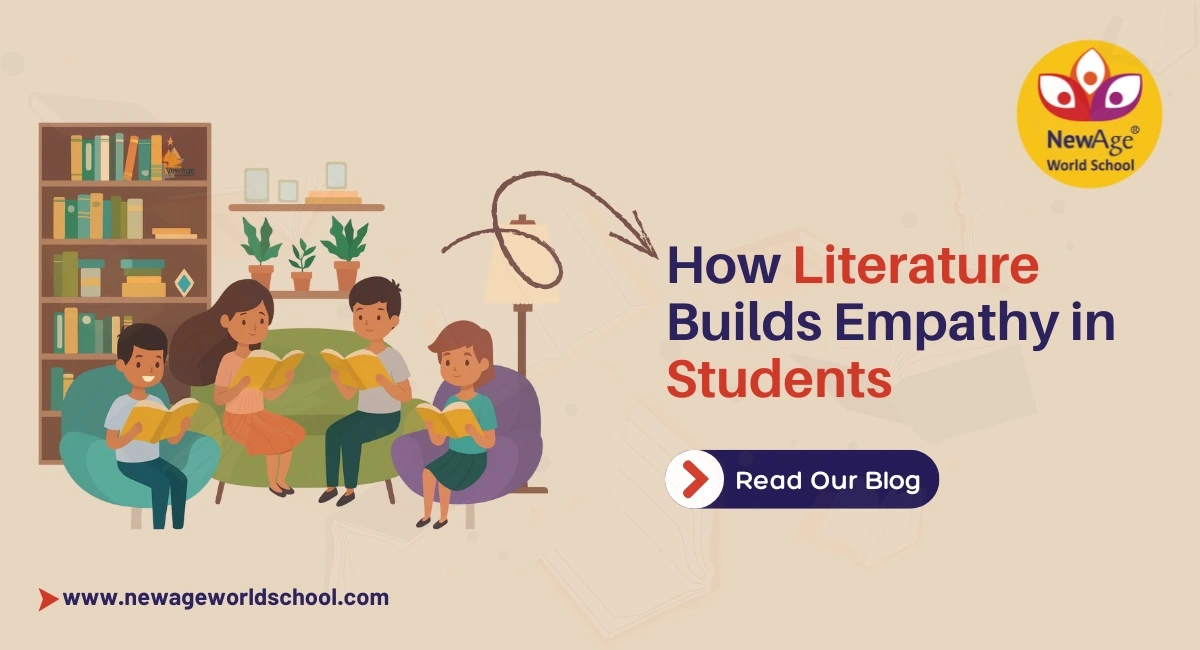

Leave a Reply
Your email address will not be published. Required fields are marked *
Comments
No comments available